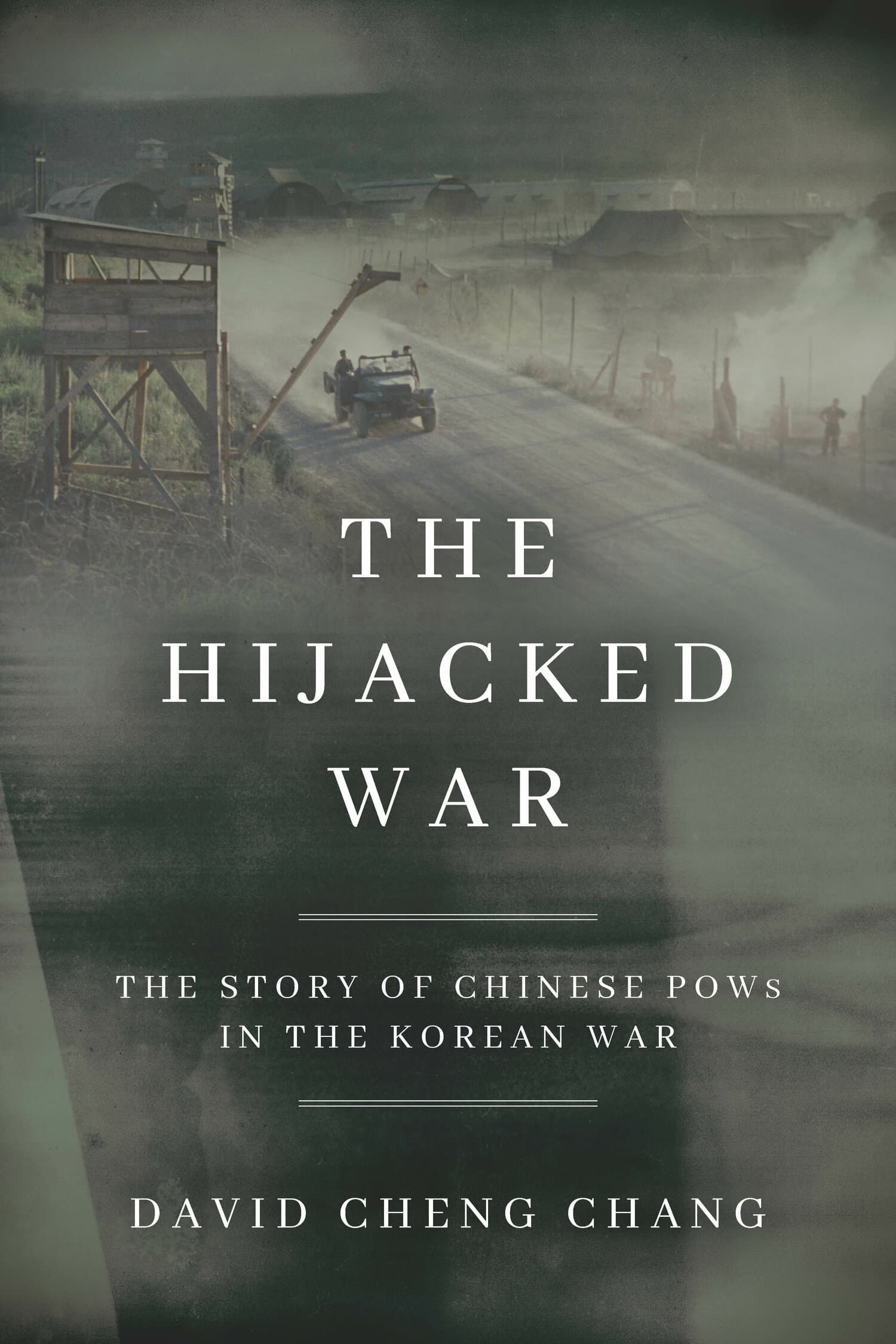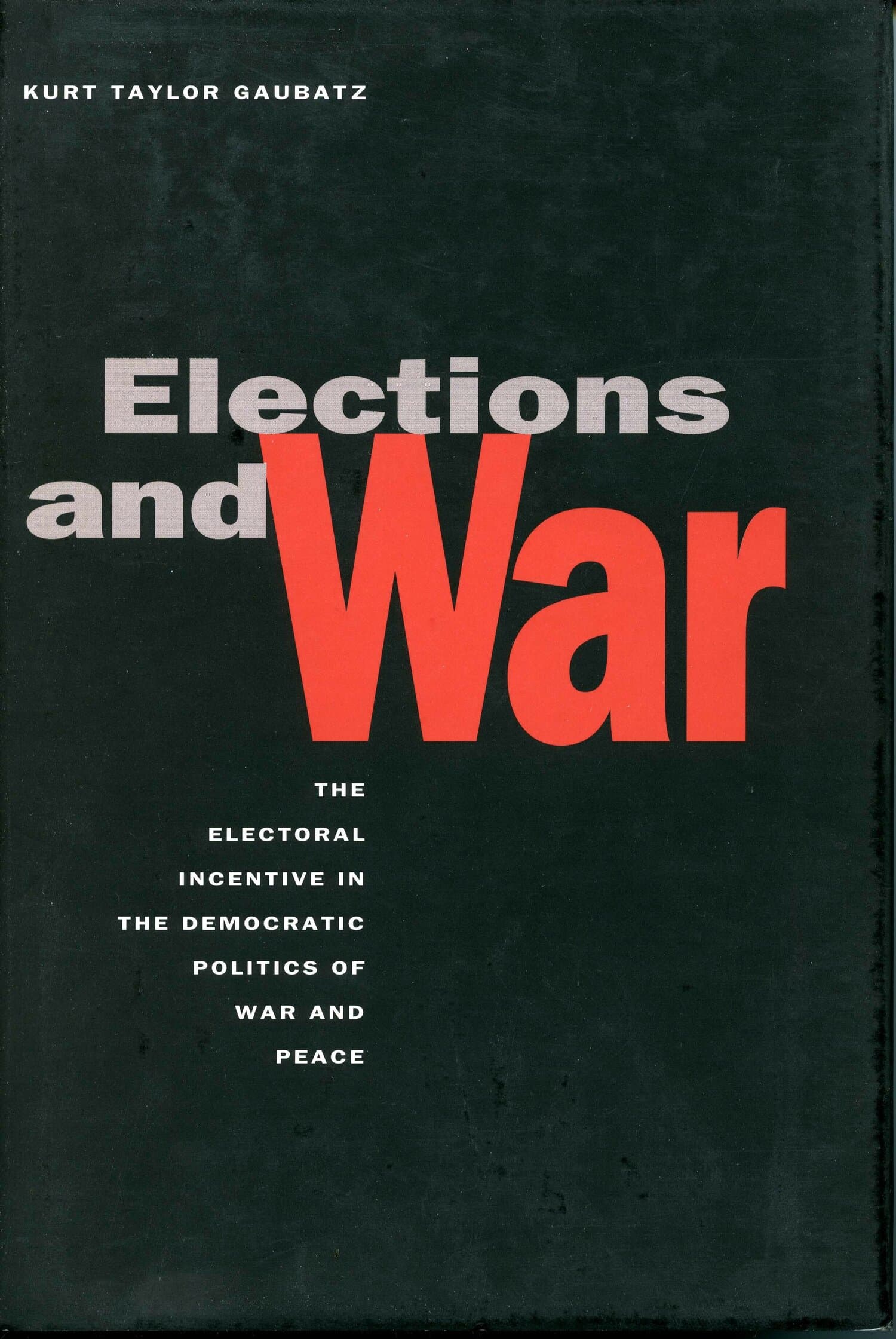Paths to Peace
Award Winner
2011: Furniss Book Award
Co-Winner of the 2011 Furniss Book Award, sponsored by Mershon Center, Ohio State University.

Paths to Peace begins by developing a theory about the domestic obstacles to making peace and the role played by shifts in states' governing coalitions in overcoming these obstacles. In particular, it explains how the longer the war, the harder it is to end, because domestic obstacles to peace become institutionalized over time. Next, it tests this theory with a mixed methods approach—through historical case studies and quantitative statistical analysis. Finally, it applies the theory to an in-depth analysis of the ending of the Korean War. By analyzing the domestic politics of the war's major combatants—the Soviet Union, the United States, China, and North and South Korea—it explains why the final armistice terms accepted in July 1953 were little different from those proposed at the start of negotiations in July 1951, some 294,000 additional battle-deaths later.
"Important book .... A most useful addition to the literature on the Korean War."—C. Potholm II, Choice.
"Why do some belligerents choose to end costly wars, while others continue to struggle over control of seemingly useless bits of territory while the death toll mounts? Paths to Peace tackles this timeless and timely question in an original, engaging, and rigorous way." —Jack Snyder, Columbia University
"Paths to Peace is an outstanding work on a very important subject—how wars come to an end. Well-informed and well-written, the book should be of great interest to all scholars and students of international relations and the domestic politics of war and peace."—Bradford Lee, U.S. Naval War College, Newport, RI.




